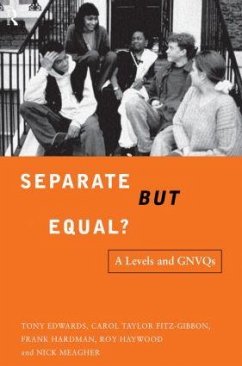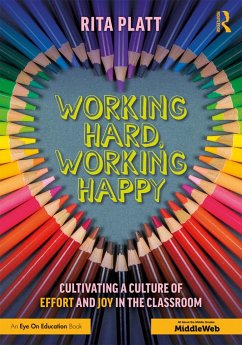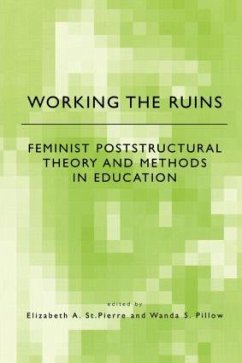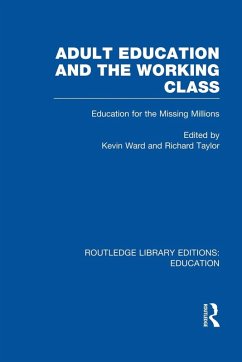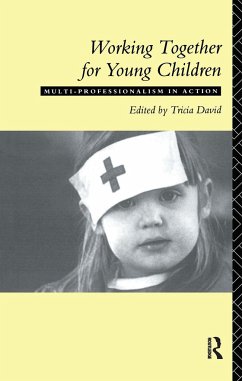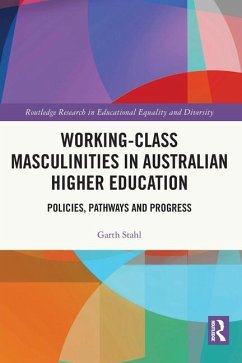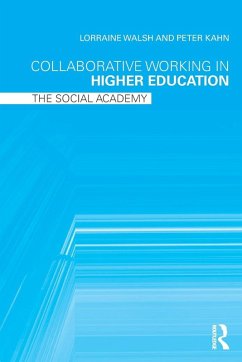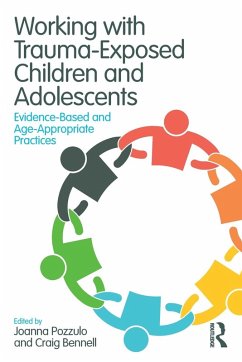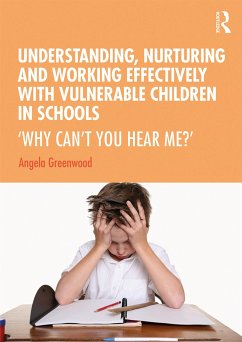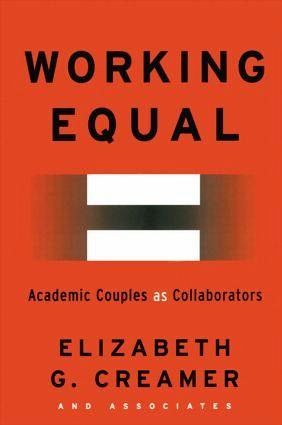
Working Equal
Collaboration Among Academic Couples
Herausgeber: Creamer, Elizabeth
Versandkostenfrei!
Versandfertig in 1-2 Wochen
61,99 €
inkl. MwSt.

PAYBACK Punkte
31 °P sammeln!
Working Equal exposes the myth of heroic individualism that is central to contemporary western thought. With more than 35% of full-time faculty with a spouse or partner in the same profession, dual career couples are a growing presence in higher education in the U.S.. This compelling and innovative volume examines and testifies to the contribution of intimate and familial relationships to artistic, literary, and scientific accomplishment. An original study of a growing phenomena in higher education, Working Equal presents a new and invaluable portrait of contemporary faculty life.





